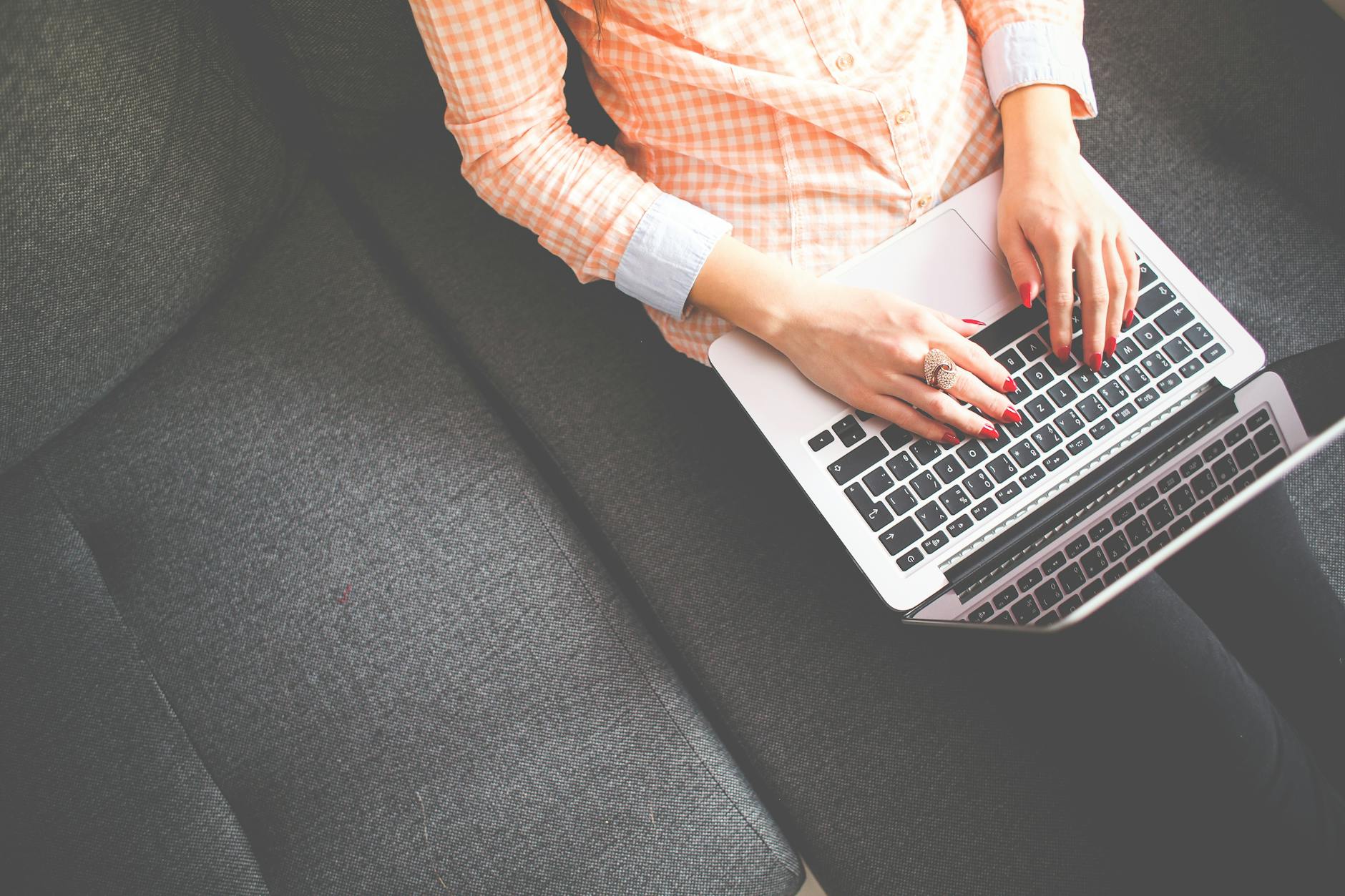What is personal reflection?
What is personal reflection?
Personal reflection is a powerful practice that allows you to pause, think, and gain insights about your life, experiences, and emotions. It serves as a tool for growth, helping you to understand yourself better and make informed decisions. In a fast-paced world, taking time for personal reflection is essential for both personal and professional development.
Understanding Personal Reflection
The Definition of Personal Reflection
At its core, personal reflection is the act of looking inward. It involves examining your thoughts, feelings, and actions to gain a clearer understanding of who you are and what drives you. This introspective process allows you to analyze past experiences, recognize patterns in your behavior, and identify your values and beliefs.
The Purpose of Personal Reflection
Why engage in personal reflection? The answer lies in its profound impact on self-discovery and insight. By reflecting on your experiences, you can learn from your mistakes and successes. This practice fosters personal growth by encouraging you to consider how your past informs your present and shapes your future. Not only does it help clarify your goals, but it also enhances your ability to navigate life’s challenges. For more on the importance of self-reflection, check out this insightful article on Harvard Business Review.
Benefits of Personal Reflection
Incorporating personal reflection into your daily routine can yield numerous advantages.
Improved Self-Awareness
When you engage in personal reflection, you develop a deeper awareness of your emotions and actions. This heightened self-awareness enables you to understand why you behave the way you do and helps you recognize triggers that affect your mood and decisions. With greater self-awareness, you can make more intentional choices that align with your values and aspirations.
Better Decision Making
Reflecting on past experiences can lead to more informed and effective decision-making. By analyzing what worked and what didn’t, you can apply those lessons to future situations. This practice of learning from the past helps you avoid repeating mistakes and paves the way for better outcomes.
Enhanced Emotional Intelligence
Personal reflection also plays a crucial role in developing emotional intelligence. As you become more attuned to your own emotions, you also gain insights into the feelings of others. This understanding fosters empathy, allowing you to navigate relationships more effectively. Enhancing emotional intelligence can lead to improved communication and stronger connections with those around you.
Techniques for Effective Personal Reflection
Incorporating personal reflection into your life doesn’t have to be complicated. Here are some practical techniques to help you get started.
Journaling
Journaling is one of the most effective ways to engage in personal reflection. By putting your thoughts on paper, you create a tangible record of your experiences and feelings. To start journaling, set aside some time each day to write about your thoughts, emotions, or events that stood out to you. Over time, you’ll gain valuable insights into your patterns and behaviors. For more inspiration on journaling, consider exploring Verywell Mind’s guide.

Photo by Pixabay
Meditation and Mindfulness
Meditation and mindfulness are powerful tools that can enhance your personal reflection practice. By taking a few moments each day to meditate, you create a calm space to explore your thoughts and feelings without distractions. Mindfulness encourages you to be present in the moment, helping you connect more deeply with your inner self.
Guided Reflection Questions
Another effective technique for personal reflection is using guided questions. Here are a few examples to get you started:
- What are my core values, and how do they influence my decisions?
- What recent experiences have shaped my perspective on life?
- How do I react to stress, and what can I do to improve my coping strategies?
- What goals do I want to achieve in the short and long term?
These questions can spark deeper introspection and help you gain clarity on various aspects of your life.
Incorporating Personal Reflection into Daily Life
To experience the benefits of personal reflection, it’s essential to make it a regular practice. Here are some suggestions for integrating reflection into your daily routine.
Setting Aside Time for Reflection
In our busy lives, setting aside specific time for personal reflection can be challenging. However, prioritizing this practice is crucial for reaping its benefits. Consider scheduling a few minutes each day to reflect, whether it’s in the morning before starting your day or in the evening as you wind down.
Creating a Reflection Routine
Establishing a reflection routine can help you incorporate this practice into your daily life seamlessly. You might choose to journal, meditate, or answer guided questions at the same time each day. Consistency is key; over time, personal reflection will become a natural part of your routine.
Conclusion
Personal reflection is a vital practice that promotes self-awareness, better decision-making, and emotional intelligence. By engaging in this introspective journey, you can foster personal and professional growth. So why not start today? As you embrace the power of personal reflection, you’ll unlock valuable insights that can help guide your life in positive directions.